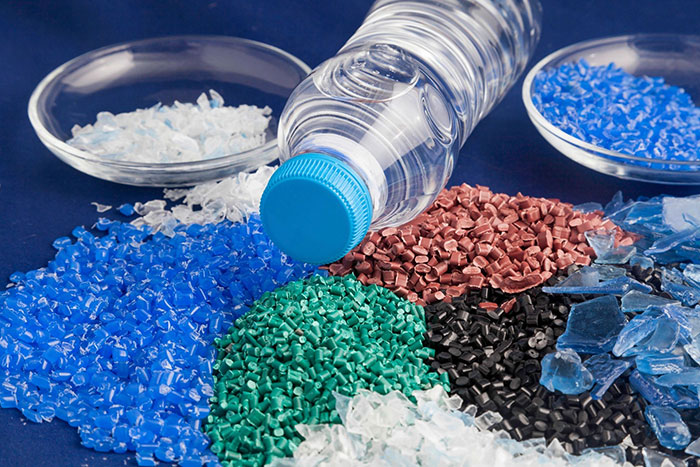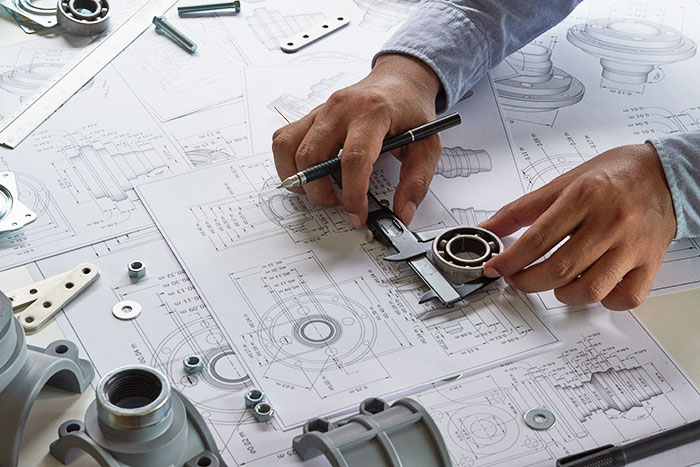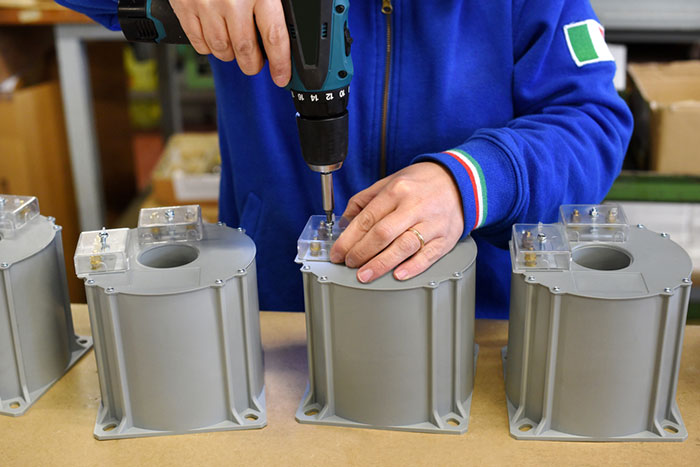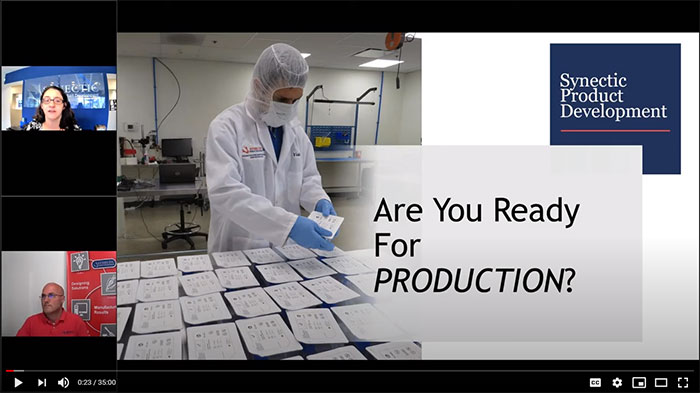
As a leading contract manufacturer, resin selection is one area of plastic injection molding where we often find the most distinctiveness. When selecting plastic resins you must remember that each molded part is unique based on the project requirements. Beyond aesthetics, such as color, material properties, processability, and cost contribute to determining a resin’s suitability for an application. With thousands of grades to choose from, and new ones developing to fill market niches, customers often need help navigating the resin selection process. Before we delve into choosing plastic resins, we will first discuss what plastic resin is.
Plastic resin is the main ingredient in creating molded plastic. It is a byproduct of oil refinement and comes from distilling crude oil. The resulting chemicals are forced through a process that encourages them to make hydrocarbon chains called polymers. Resin producers can alter the production process to create resins with specific properties for specific situations. Now that you have a basic idea of what a resin is, here are some of the key considerations to weigh when selecting plastic resins:
1. Mechanical requirements
When selecting a resin, you should consider the part’s strength requirements as resin classes have various tensile strengths, tensile modulus, and elongation at break. Thermoplastic resins offer a variety of strength properties that can be modified with fillers like glass or carbon fiber.
2. Chemical compatibility
Many customers are concerned about how chemicals, such as cleaning solvents and process reagents, interact with resin. In these cases, it is best to consult published testing data from resin manufacturers that show material performance in each chemical. In some cases, the data may not exist, and testing with specific chemicals will be required.
3. Environmental compatibility
Parts exposed to extreme hot or cold conditions need a resin rated accordingly. This means the long-term service temperature and heat deflection temperature are critical performance metrics for your particular resin. Other environmental conditions to consider include exposure to high humidity and UV light, such as plastic parts used in medical devices.
4. Commodity vs. performancy
Whenever possible, a quality injection molder will strive to pair customer applications with commodity resin grades due to their inherent cost and availability advantages of higher volume raw material production. Some projects call for specific properties – strength, heat resistance, etc. – which are where performance resins excel.
5. Amorphous vs. semi-crystalline
Selecting amorphous resins can often be advantageous as they provide wider processing windows and improved dimensional control due to their random molecular structure. They can be transparent and are compatible with many adhesives. Semi-crystalline materials offer improved mechanical and thermal properties but can be difficult to process.
6. Material shrinkage
The amount a resin shrinks during the molding process impacts the ease of building a tool or developing a successful molding process. For this reason, we try to select resins that have lower shrink rates whenever possible.
Once you have accounted for all of these factors, the list of suitable resins is easier to manage. Then a quality injection molder leverages their proficiency with particular materials, coupled with expertise in product design and development, to make the final determination of a grade. This leads to a product developed with the most optimal material selected for product performance and moldability.
To meet the diverse project requirements presented by so many clients, we draw on our extensive knowledge and experience with plastic resins allowing us to stay competitive in an always-changing market. When choosing materials for plastic injection molding, we base it on customer specifications, moldability of design, and cost. Choosing the right material early in the product development process streamlines product launch by picking the correct path every time. The end result is a value add in the process for both our clients and their product.
Need Help Selecting a Resin?
About Synectic Product Development: Synectic Product Development is an ISO 13485 certified, full-scale product development company. Vertically integrated within the Mack Group, our capabilities allow us to take your design from concept to production. With over 40 years of experience in design, development, and manufacturing, we strive for ingenuity, cost-effectiveness, and aesthetics in our designs. Learn more about our contract manufacturing services and see how we can help your next project.




